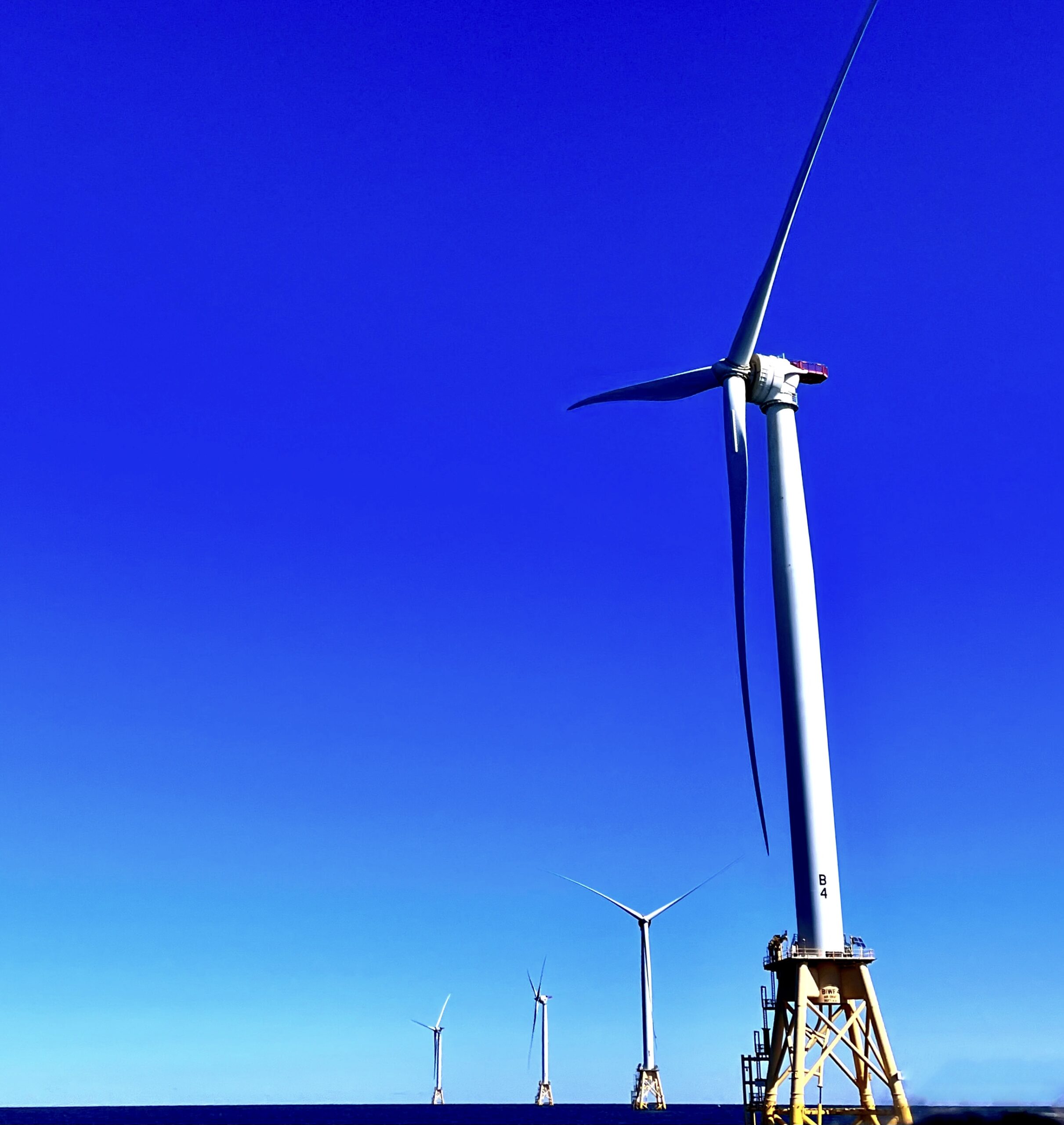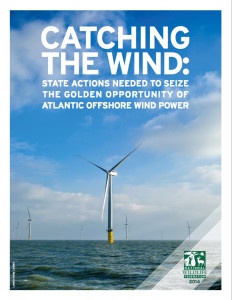 Now, more than ever before, our treasured wildlife need us to deliver bold and effective climate change solutions. Rising temperatures, severe droughts, extreme coastal storms, and sea levels encroaching on low-lying areas are already altering the habitats of our most vulnerable species. Year after year, new studies confirm what we’re already seeing on the ground with a resounding urgency: we need to act now.
Now, more than ever before, our treasured wildlife need us to deliver bold and effective climate change solutions. Rising temperatures, severe droughts, extreme coastal storms, and sea levels encroaching on low-lying areas are already altering the habitats of our most vulnerable species. Year after year, new studies confirm what we’re already seeing on the ground with a resounding urgency: we need to act now.
Today, National Wildlife Federation released a new report celebrating an opportunity to bring a bold climate change solution online: Atlantic offshore wind power. Catching the Wind: State Actions Needed to Seize the Golden Opportunity of Atlantic Offshore Wind Power provides an update on the status of offshore wind power development along the East Coast, highlighting progress to date and calling for action by state leaders to accelerate their pursuit of the golden clean energy opportunity waiting just over the horizon.
Catching the Wind shows that the federal government has already designated areas offshore capable of meeting the energy needs of 5 million homes, and highlights the critical role that our state leaders must now take to bring that power online. Drawing on lessons learned from the booming offshore wind industry abroad, and highlighting states like Massachusetts, Rhode Island, and Maryland that are leading the way forward in the U.S., Catching the Wind underscores the urgent necessity to embark on this new energy path and leave behind the carbon-polluting power sources endangering wildlife and communities here in America and around the globe.
America’s Wildlife at Risk
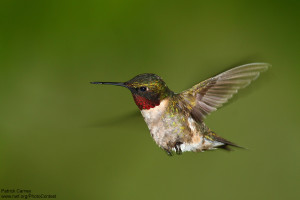
Fish in America’s streams and rivers are being impacted as well:
“I can already see the effect of climate change in North Carolina’s rivers. Floods are bigger, droughts are more severe, and the ecosystem seems less stable. It is critically important that we protect the Southeast’s incredibly rich community of aquatic life for healthy rivers for our children’s future.”
– Fred Harris, past president of the American Fisheries Society and Current Resource Specialist with the North Carolina Wildlife Federation in NWF’s 2013 report, Swimming Upstream: Freshwater Fish in a Warming World
When winter temperatures rise above freezing, moose become heat-stressed. In the summer, when their
coats are thinner, they become heat-stressed when temperatures rise above 60 to 70 degrees Fahrenheit. Moose are absent from areas with extended periods above 82 degrees Fahrenheit and little shade or water access. Not surprisingly, as the climate has warmed, moose are already feeling the heat in southern portions of their range. For more information on how climate change is devastating moose populations, explore NWF’s 2013 report, Nowhere to Run: Big Game Wildlife in a Warming World.
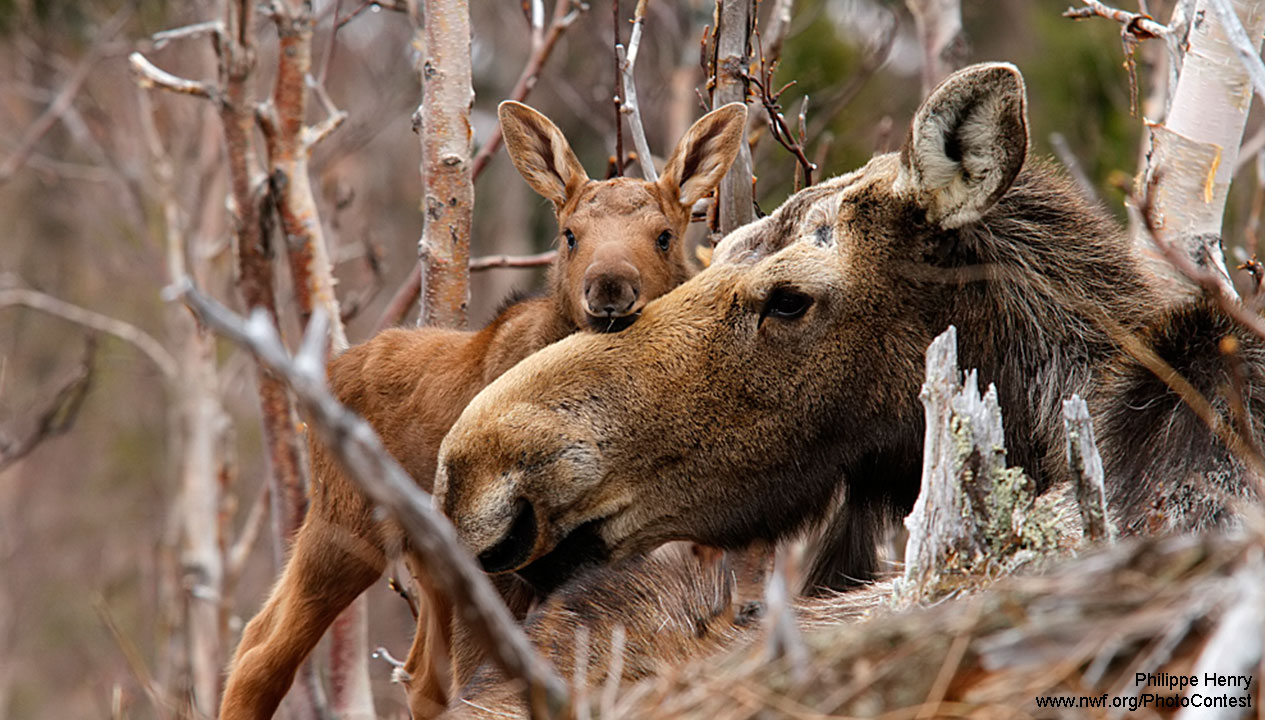
We Need to Change Course
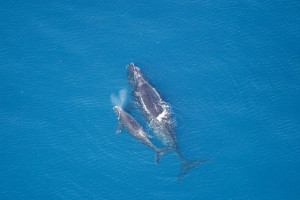
While we must accelerate our pursuit of offshore wind power, we must also take great care in ensuring that wildlife are protected every step of the way. As decades of experience overseas indicates, strong environmental requirements can ensure that offshore wind projects are sited, constructed, and operated in a manner that protects wildlife. NWF is tracking this process very closely, working with state and federal agencies, industry leaders, and a range of partners to ensure that responsibly developed offshore wind projects move forward.
Join NWF in spreading the word about the golden opportunity of offshore wind power to protect current and future generations of people and wildlife from the dangers of climate change – contact your governor today and call for action to bring offshore wind power online in your state!
 Offshore Wind Energy
Offshore Wind Energy 